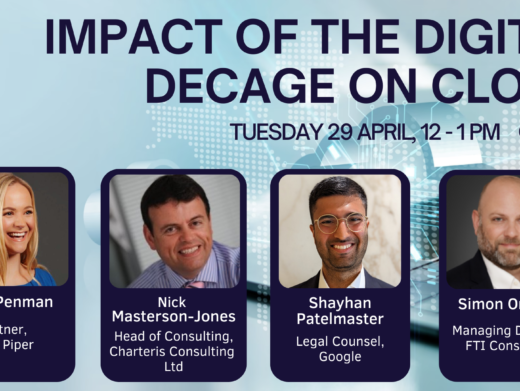There have already been numerous articles about the privacy concerns over autonomous cars. In order to function they require vast amounts of information about their owners.
The more the car has to do, the more data it needs. Radars, sensors, GPS and cameras will all be needed to make the cars safer. They will also be able to communicate with other cars and with intelligent roadways about speed limits, weather conditions and so on. Freed from having to actually drive, owners can sit back and exchange emails, videos, pictures, surf the internet, stream movies and music, basically do all those things which currently would just cause accidents.
Even homes are likely to be connected to the cars, and there’s more. South Korean automaker Hyundai recently revealed a partnership with Amazon’s Alexa voice service which would allow owners to start their car, charge their battery or turn on the air conditioner via a quick voice request.
With all of this data, automakers are currently engaged in a fierce battle to decide who will own it and what they will be able to do with it. Data is money so we can be reasonably certain that unless there are strong rules in place not everyone is going to use the data in a benign way. Current laws may not be enough, so it is almost certain that at some stage we are going to see some important court decisions in this area.
Outside of privacy there are practical considerations. If there is an accident who is responsible? The driver? The computer? The manufacturer? All the above? And let’s not even get started on the security issues.
In some cases current laws may be applicable, but there are a host of potentially new scenarios which won’t fit. For example autonomous cars currently cannot “see” traffic police. A road sign, yes. Traffic lights, no problem, but a bobby on the beat, no. I don’t think an excuse like “I’m sorry officer but my computer doesn’t believe you exist,” is going to carry much weight in court. Actually it’s not just police they can’t pick up. Autonomous cars currently cannot see pedestrians.
Similarly will there be a new offence of being under the influence while not in charge? Will drivers be required to maintain a reasonable level of sobriety so that they can intervene if their car’s computer decides to do an Al? (Sorry that’s an old reference. If you don’t get it watch “2001 a Space Odyssey.”)
There are lots of issues and questions and the legal profession needs to start understanding the potential pitfalls, and benefits, now. It’s in the courts that these decisions will be made, so 2017 would be a good year to start brushing up on the sector.
{b}{i}Justin Dear is Head of Online News Desk (Asia-Pacific) for Agence France-Presse




